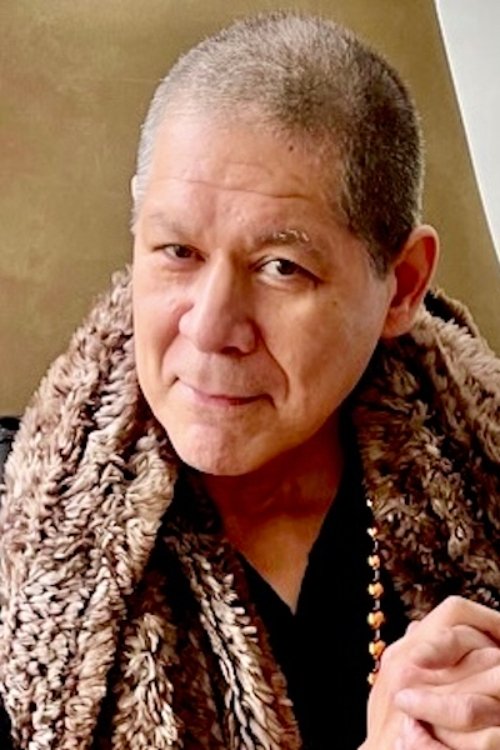
Host
2024
0h 11m
0.0(0 votes)
Animation
Documentary
Overview
An artist leads his Infection Procession to the water.
Links & Resources
Social & External
Cast & Crew
1 member
Directing
Zachery Longboy
Himself


An artist leads his Infection Procession to the water.
Social & External
Himself
